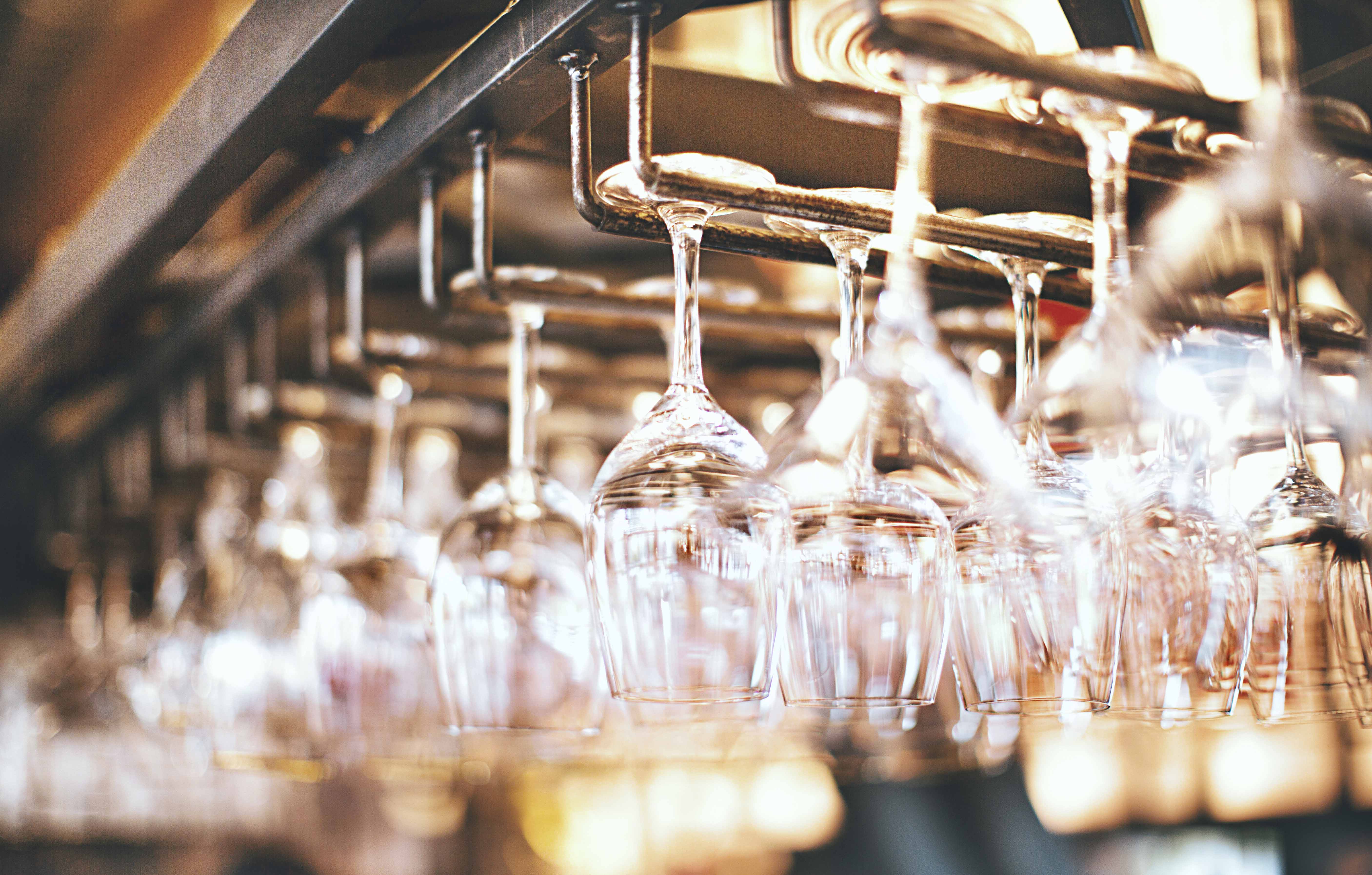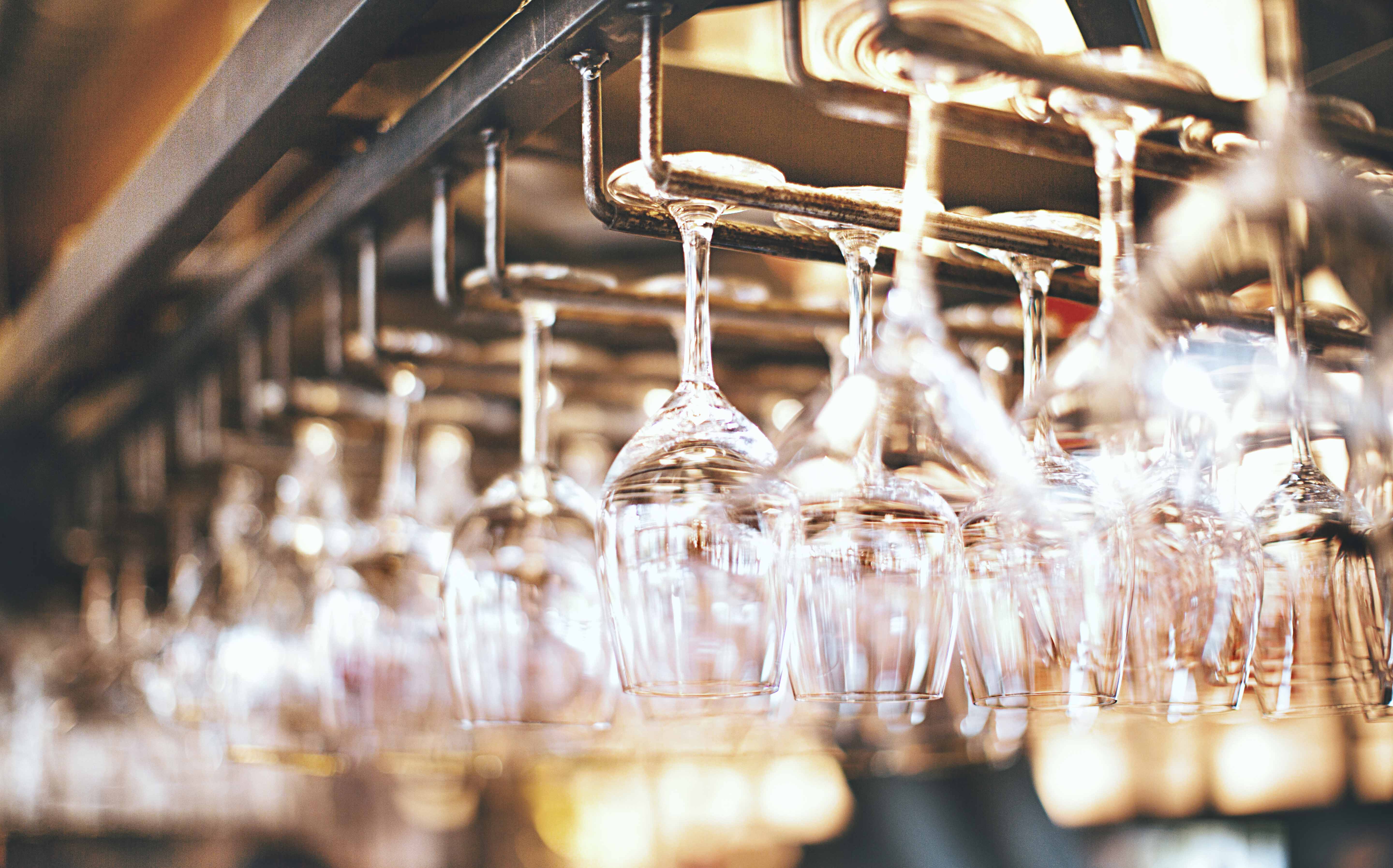Dry living


You may have friends who did “Dry January” or something similar and wondered what was behind it. Going “dry”, or not drinking any alcohol for extended periods of time, is part of the growing trend of “dry living” or sober living.
“I believe the trend comes from people having come to a point in their lives where they question their relationship with alcohol or feel they are drinking perhaps more than what is deemed healthy and it’s starting to impact their lives,” says Helene Larocque, a certified wellness coach and creator of the 100-day alcohol-free challenge Lose Da Booze.
“People are realizing that this social habit that has been the norm for so long is perhaps the barrier holding them back from living a truly fulfilled life,” she adds. “While many sometimes turn to alcohol as a means of unwinding or perhaps even coping or numbing out certain stressors, they are now realizing that the substance is perpetuating other mental health issues such as depression, anxiety, and throw in the after-effect of guilt, regret and sometimes severe hangovers that rob you of another full day following a night of drinking.”
Larocque notes the benefits of cutting out alcohol can be evident in just 30 days, with noticeable changes including clearer skin, brighter eyes, less brain fog, more energy and productivity, more motivation to stick with healthy habits like working out and eating healthy foods, and weight loss, as alcohol equates to empty calories.
Other benefits of drinking less alcohol include improved memory, a better immune system and an increase in the absorption of vitamins and minerals, says Dr. Lawrence Weinstein, chief medical officer at American Addiction Centers in Tennessee.
“Alcohol affects nearly every system in the body,” he says, “such as the central nervous system, the gastrointestinal tract, cardiovascular tree, hematopoietic line (which is responsible for making red and white blood cells as well as platelets), the genitourinary tract, and more.”
To understand how alcohol affects us, it's important to understand how it works in our bodies – specifically, in the midbrain.
Weinstein explains alcohol binds to certain receptors in our brains that cause a spike in dopamine – a hormone that makes us feel good.
“As dopamine spikes, the person feels euphoria, but when it crashes, the brain becomes depleted of dopamine, leading the person to drink again,” he says. “Repeated consumption of alcohol depletes dopamine and can lead to feelings of depression, frustration, procrastination, and isolation. When alcohol consumption is ceased, the midbrain stabilizes, and the negative symptoms caused by drinking reverse.”
While reducing alcohol consumption, as opposed to cutting it out entirely, is an option, Larocque says many people find being 100-per-cent abstinent easier than trying to moderate their drinking, as it eliminates the decision of “to drink or not to drink”.
Larocque adds that she is now 200 days alcohol-free (as of Feb. 28), and has decided to retire the 40-year habit that she says no longer serves her.
So, there you have it, some food for thought on the dry-living trend so you can think about whether it may be worth a try.
